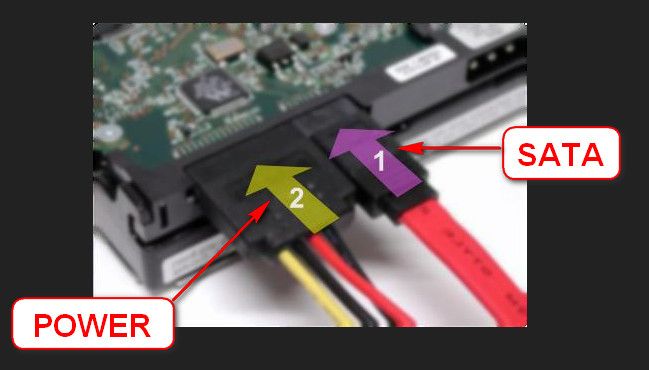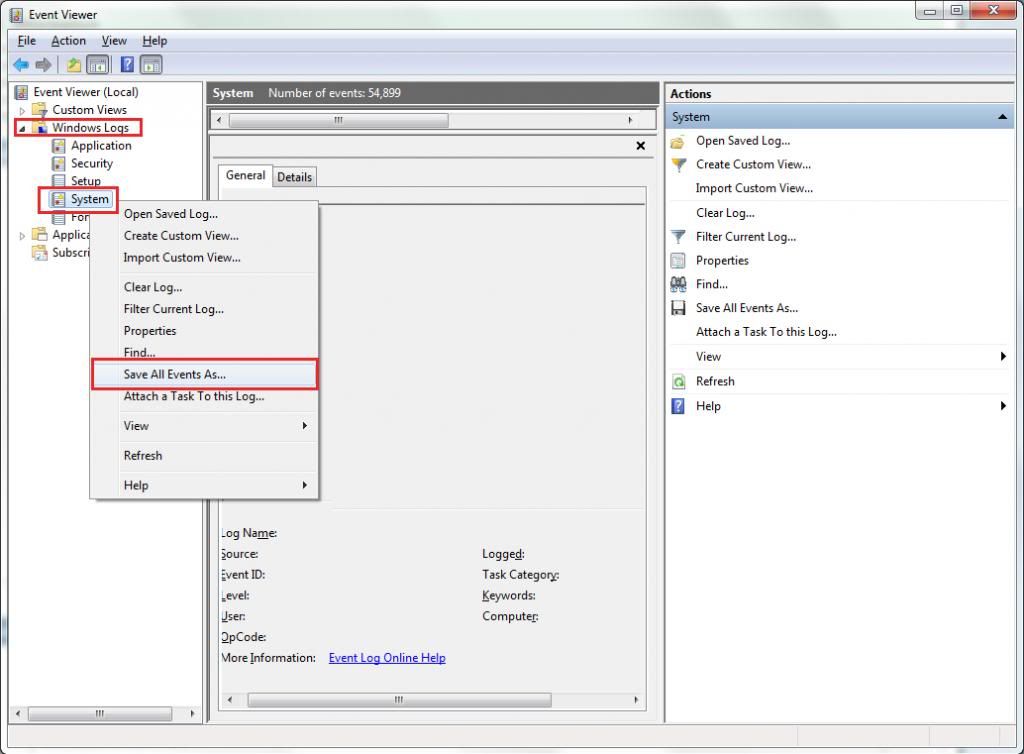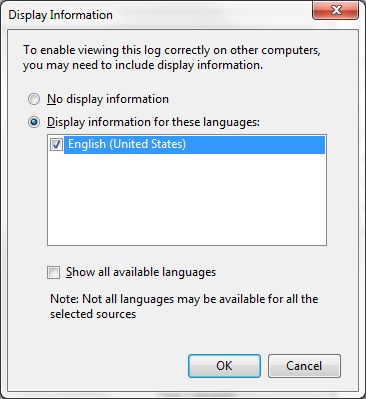New
#1
BSOD using Sage 300 CRE, errors 0x000000f4, 0x0000007a
This computer gave a BSOD and restarted while using accounting software. This has happened twice, a few days apart. See attached debug file. Thank you for your assistance.
System Specs:
Computer type PC/Desktop
System Manufacturer/Model Number Dell Precision T3400
OS Windows 7 Professional 64-bit
CPU Intel Core2 Duo CPU E6850 @ 3GHz
Memory 8GB
Graphics Card NVIDIA Quadro FX 570
Hard Drives Hitachi HDS721680PLA380
Antivirus AVG Free 2014
Browser Chrome 32.0.1700.102, IE 11.0.9600.16476


 Quote
Quote
 Start → type eventvwr → hit Enter.
Start → type eventvwr → hit Enter.
